After being established on the basis of merging Thanh Binh and Ban Ho communes, the new Ban Ho commune has a natural area of more than 166 km², a population of nearly 8,000 people, including 4 ethnic groups living together.
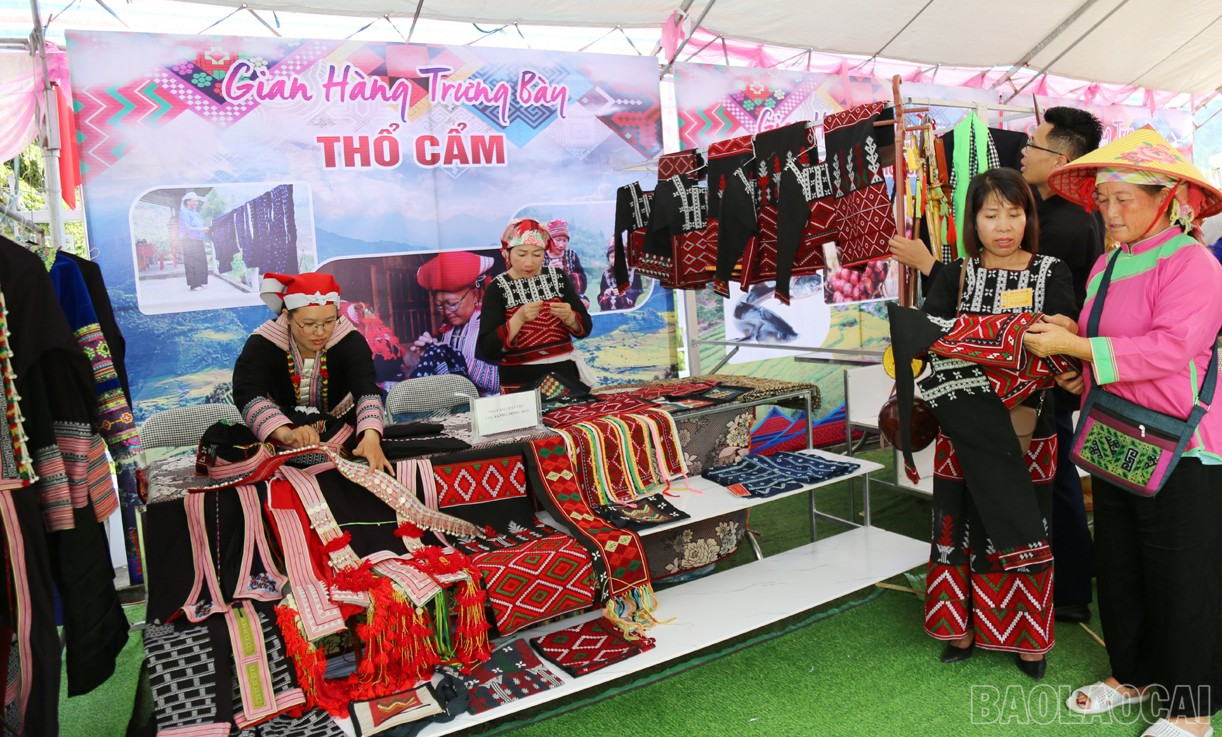
The commune's economy maintained stable development, the structure shifted positively towards increasing the proportion of trade, services and tourism; agriculture and forestry developed. The average income of people reached 41.5 million VND/year; the poverty rate decreased to 28.4%. This is the result of the strong direction of the Party Committee, the government and the consensus and efforts of the people.

In agricultural production, the commune has promoted the use of many high-yield crop varieties, applied technical advances, and converted crop structures to suit local conditions. The output of grain crops reached nearly 4,000 tons/year, ensuring local food security. Livestock farming has remained stable with a revenue of 50 billion VND/year. Along with that, the work of forest management, protection and development has been focused on. In 5 years, the commune has planted 250 hectares of new forest (mainly cinnamon trees), increasing the forest cover rate to 70%. Thanks to that, the ecological environment has been improved, and people's livelihoods have been more sustainable.
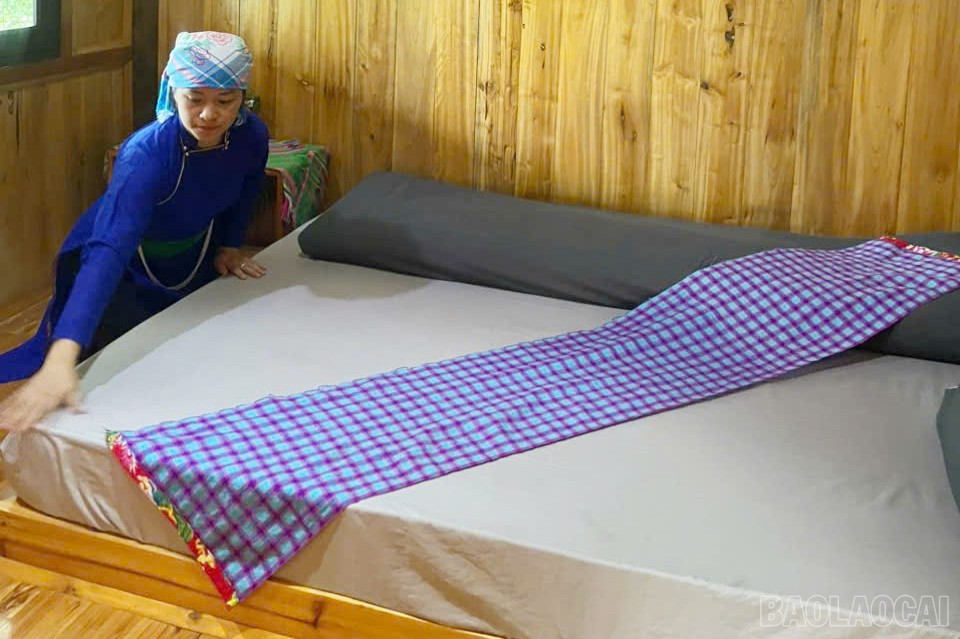
The new rural construction movement has been implemented synchronously, effectively mobilizing many social resources. By the end of 2024, Thanh Binh commune achieved 19/19 new rural criteria, Ban Ho commune achieved 12/19 criteria. The rural infrastructure system has been invested synchronously, many inter-village and inter-commune roads have been concreted, facilitating trade and socio-economic development. Public works such as schools, medical stations, and cultural houses have been invested, contributing to improving the material and spiritual life of the people, clearly changing the appearance of the highland countryside.
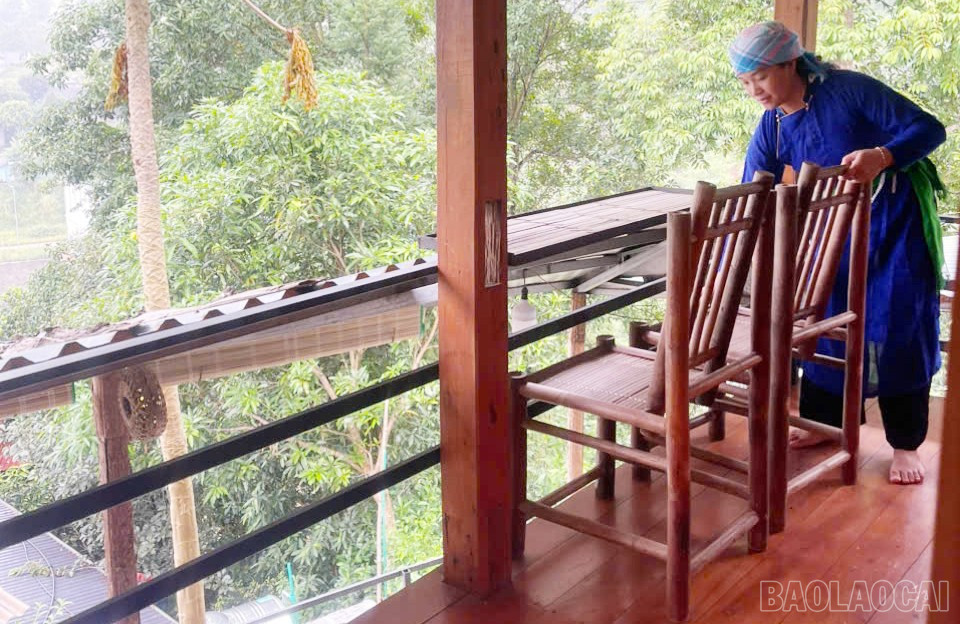
Ban Ho commune maintains and develops industries, handicrafts, and traditional occupations. There are currently 6 hydroelectric plants operating stably in the commune, with a total capacity of about 70 MW, making a positive contribution to the local budget. Occupations such as brocade weaving and traditional blacksmithing are preserved and developed, creating jobs and increasing income for rural workers.
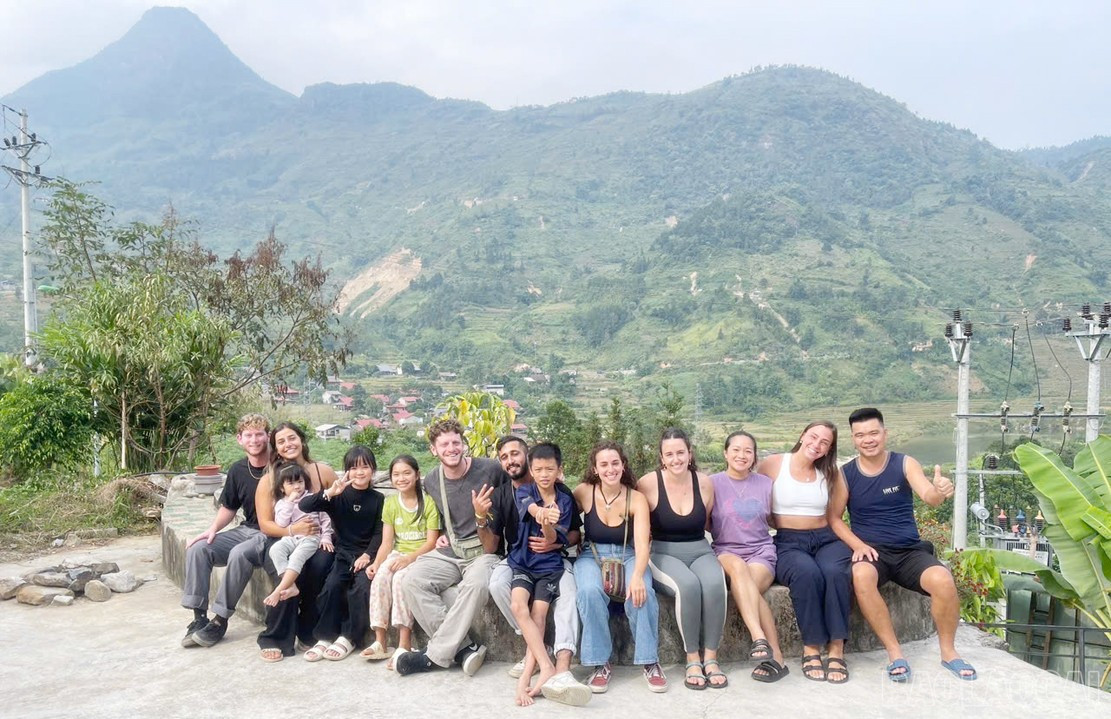
The bright spot in the commune's economic development is tourism and services. With a fresh climate and unique cultural identity, Ban Ho is becoming an attractive destination for domestic and foreign tourists. The whole commune currently has more than 130 rooms serving tourists, including the high-class resort Topas Ecolodge and many homestays. Each year, the commune welcomes tens of thousands of visitors, creating stable jobs for many local workers. Activities to promote tourism and preserve cultural identity are regularly organized through traditional festivals, contributing to enhancing the image of local community tourism.

A typical example is the "Sa Pa Orange Homestay" model of Mr. Lo Van Thuan and Ms. Lu Thi Lan in La Ve village. Previously, Mr. Thuan was a tour guide, regularly taking visitors to highland villages. After many years of working in the profession, he realized the great potential of the locality in developing experiential tourism associated with indigenous culture. In 2018, he and his wife renovated their family's traditional stilt house, made 4 rooms to serve tourists, then continued to invest in 2 more standard rooms for foreign guests. Thanks to preserving the stilt house architecture, attentive service and introducing unique local cuisine, his family's homestay is increasingly loved by tourists. On average, each month, the facility brings in an income of more than ten million VND, while creating jobs for family members. Mr. Thuan shared: "We hope that every visitor to Ban Ho not only rests but also experiences the culture and lifestyle of the highland people."
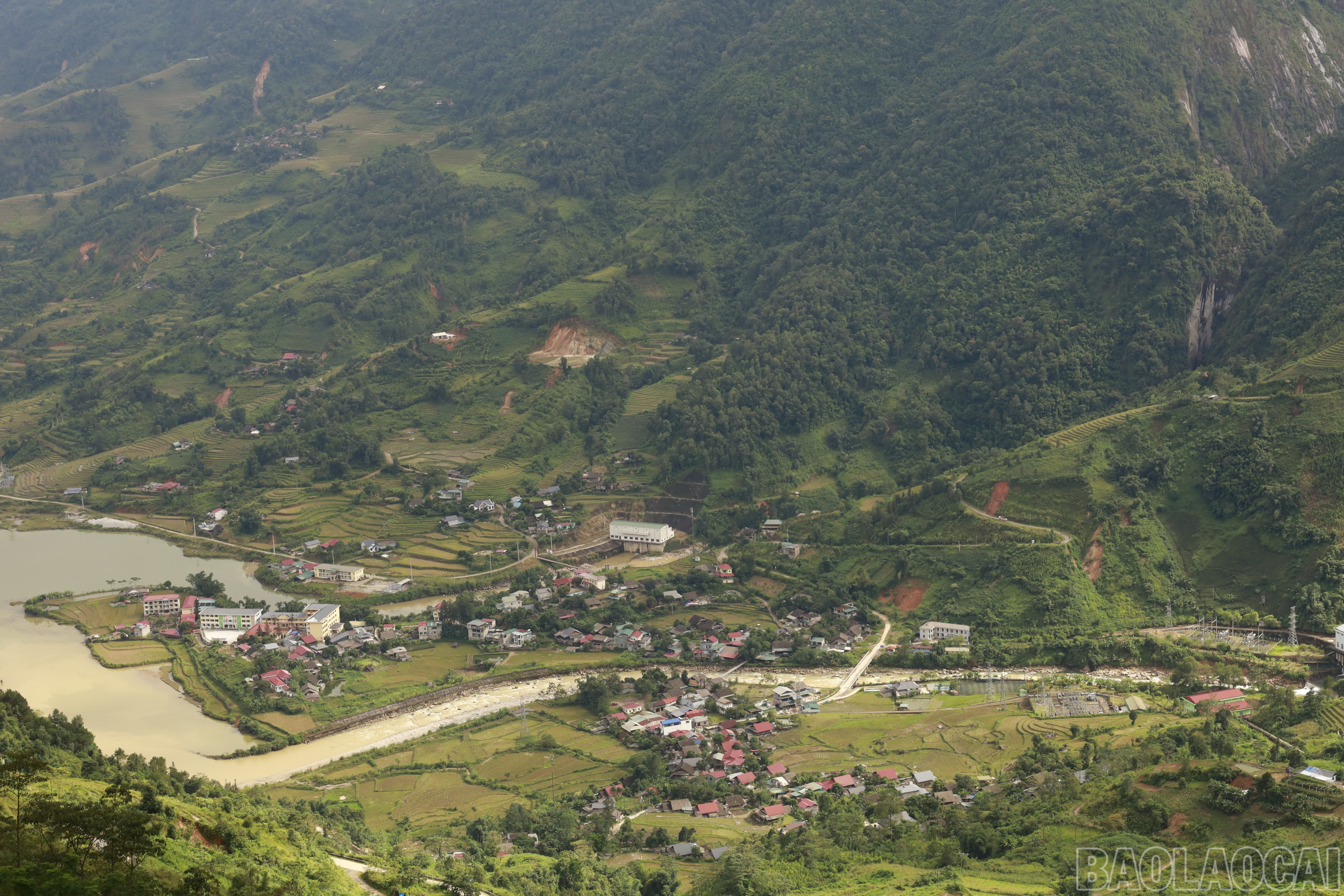
Along with economic development, Ban Ho commune pays attention to the fields of culture, education, health and social security. The rate of students going to school reaches 100%, schools gradually meet national standards. People's health care work is enhanced, medical stations are invested in facilities, effectively implementing community health programs. Administrative reform and digital transformation are promoted, contributing to improving the efficiency of serving people. Political security, social order and safety are maintained, national defense is consolidated, creating a stable environment for sustainable development.
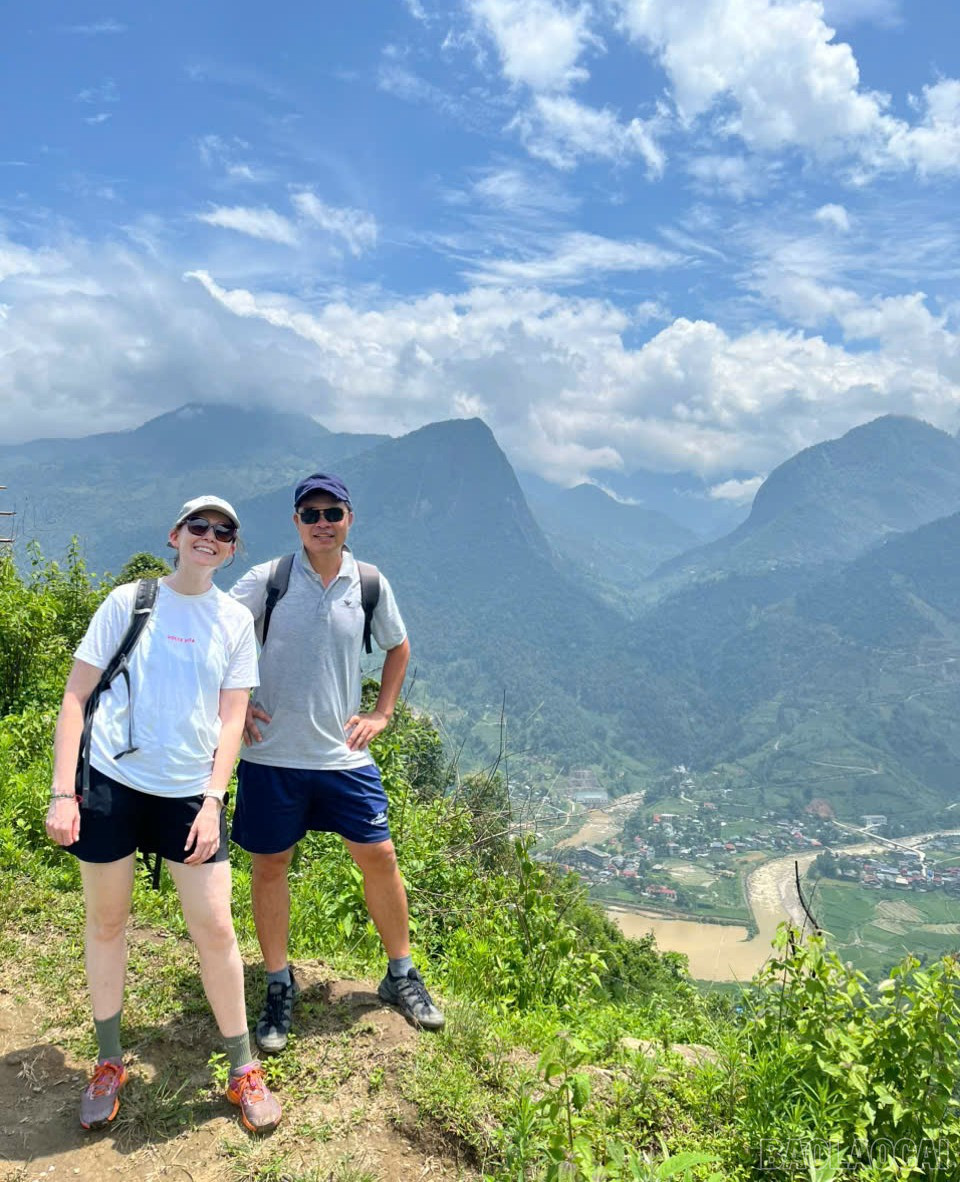
Mr. Phung Manh Khang - Party Secretary, Chairman of the People's Council of Ban Ho commune, said: "Immediately after the 1st Party Congress of the commune, term 2025 - 2030, the Party Committee focused on concretizing the goals and tasks of the resolution into the action program and development plan for each stage. Each Party cell and each village has developed a specific implementation plan, clearly assigning responsibilities, so that the resolution can soon come into life.
"In the coming time, the commune will continue to promote the development of organic agriculture and forestry, expand the community tourism model, enhance digital transformation, and improve the quality of tourism services. The goal is to help people have stable jobs and increasingly higher incomes."
Ban Ho Commune focuses on 9 key tasks, 3 breakthroughs, in which priority is given to developing organic agriculture and forestry, sustainable poverty reduction and improving people's quality of life. The goal by 2030 is to achieve total budget revenue of 110 billion VND, average income per capita of 60 million VND/year, the rate of trained workers of 75%; the rate of poor households is reduced to 8%.
With the consensus of the Party, government and people, Ban Ho is gradually affirming the right direction in economic development associated with community tourism, preserving cultural identity and building a new life.
Source: https://baolaocai.vn/ban-ho-khai-thac-tiem-nang-de-phat-trien-post885987.html




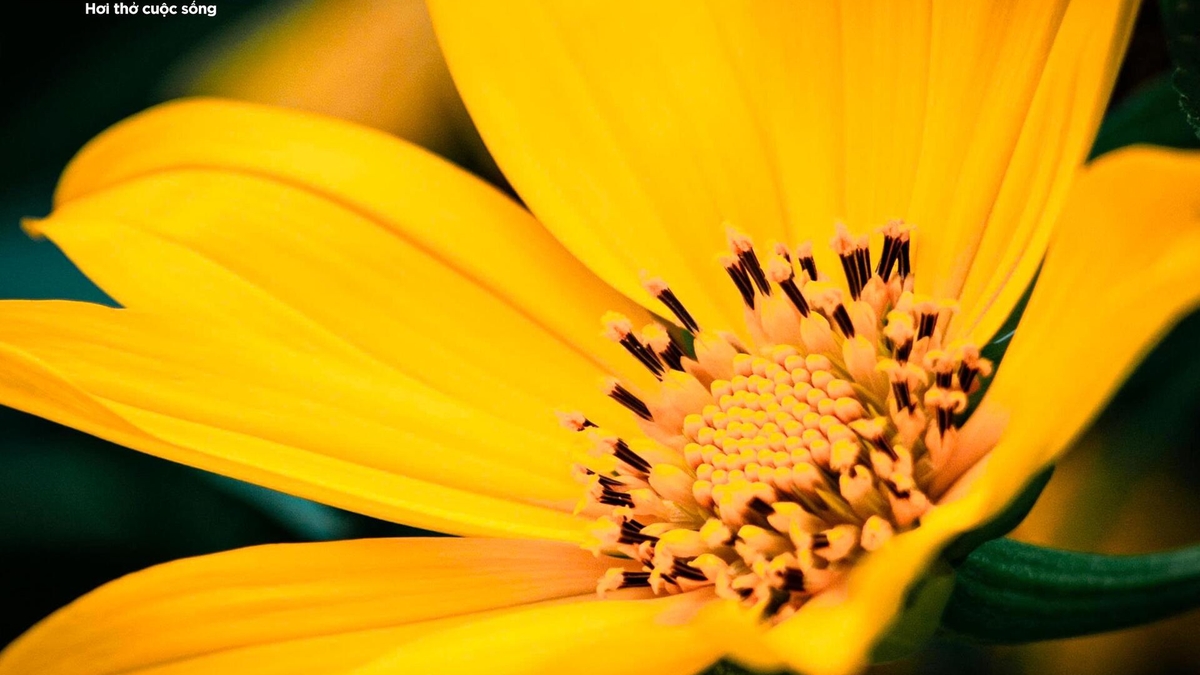

![[Photo] Closing of the 14th Conference of the 13th Party Central Committee](https://vphoto.vietnam.vn/thumb/1200x675/vietnam/resource/IMAGE/2025/11/06/1762404919012_a1-bnd-5975-5183-jpg.webp)




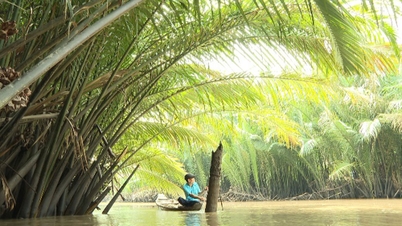

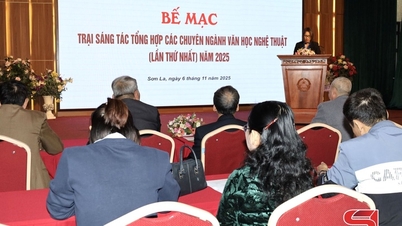

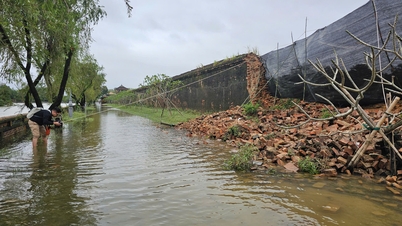

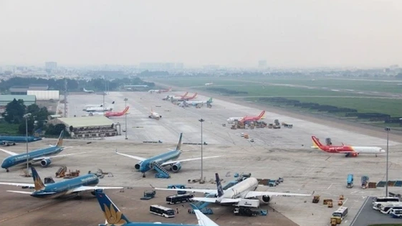
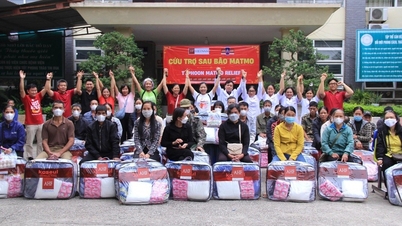

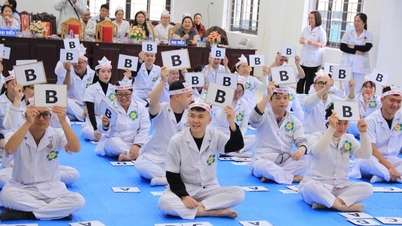







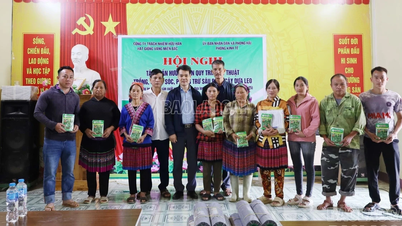

























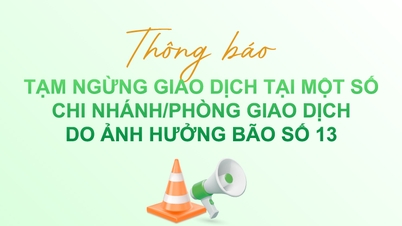
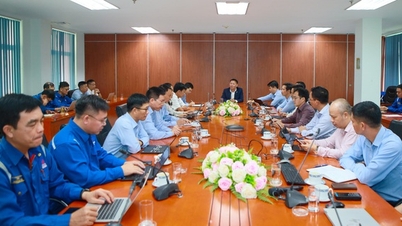

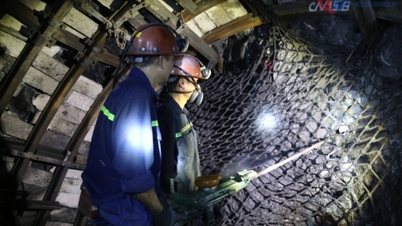

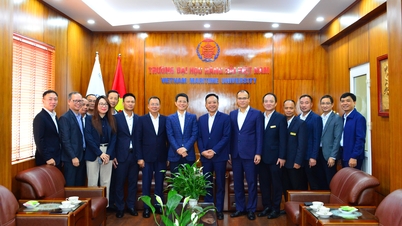
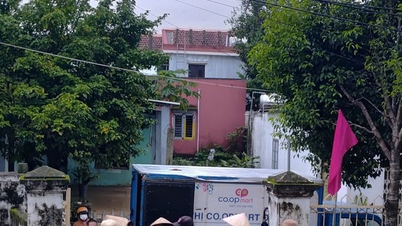
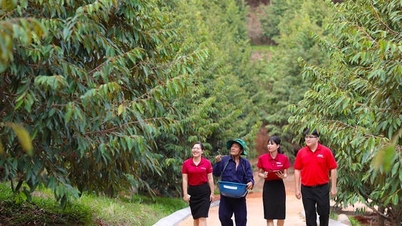







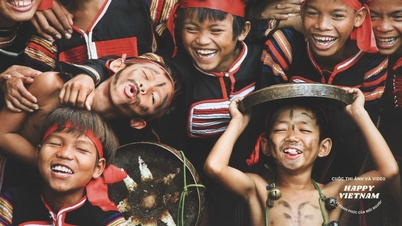

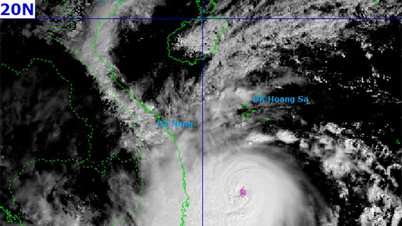




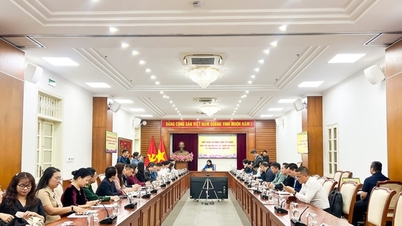




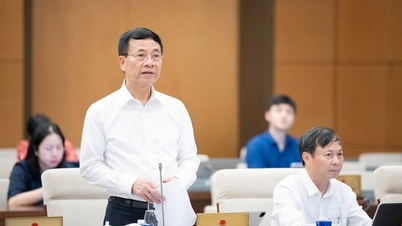

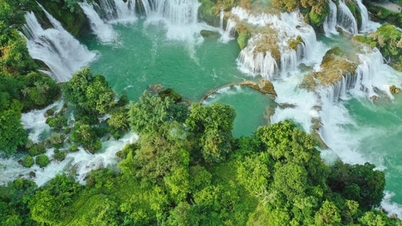
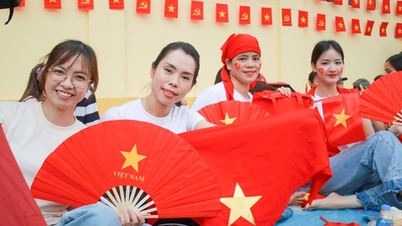
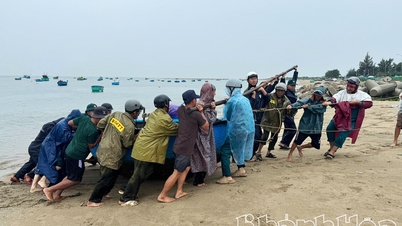

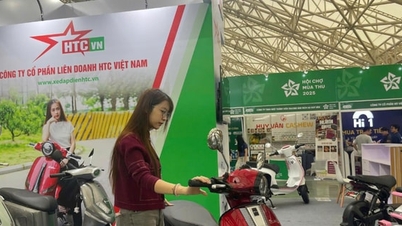

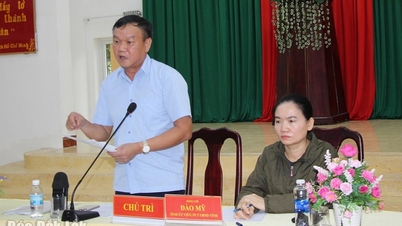


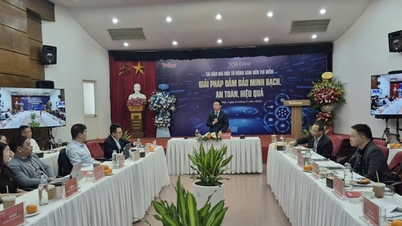
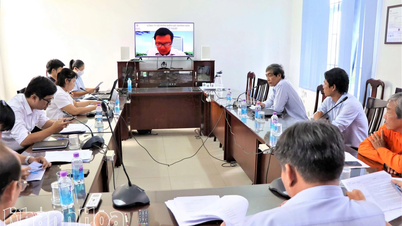









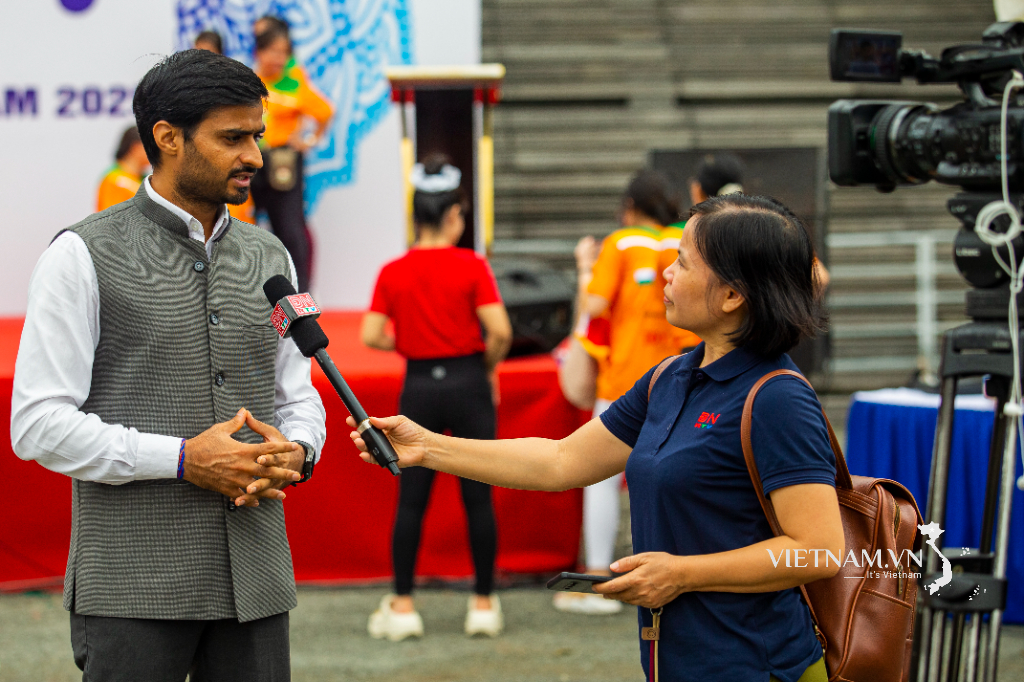
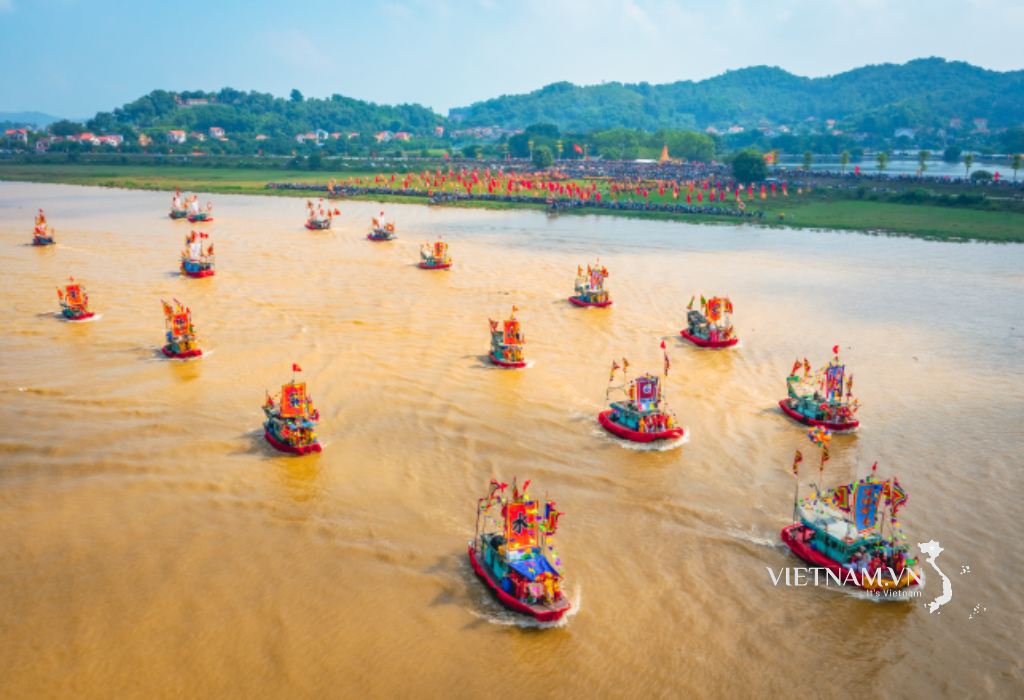
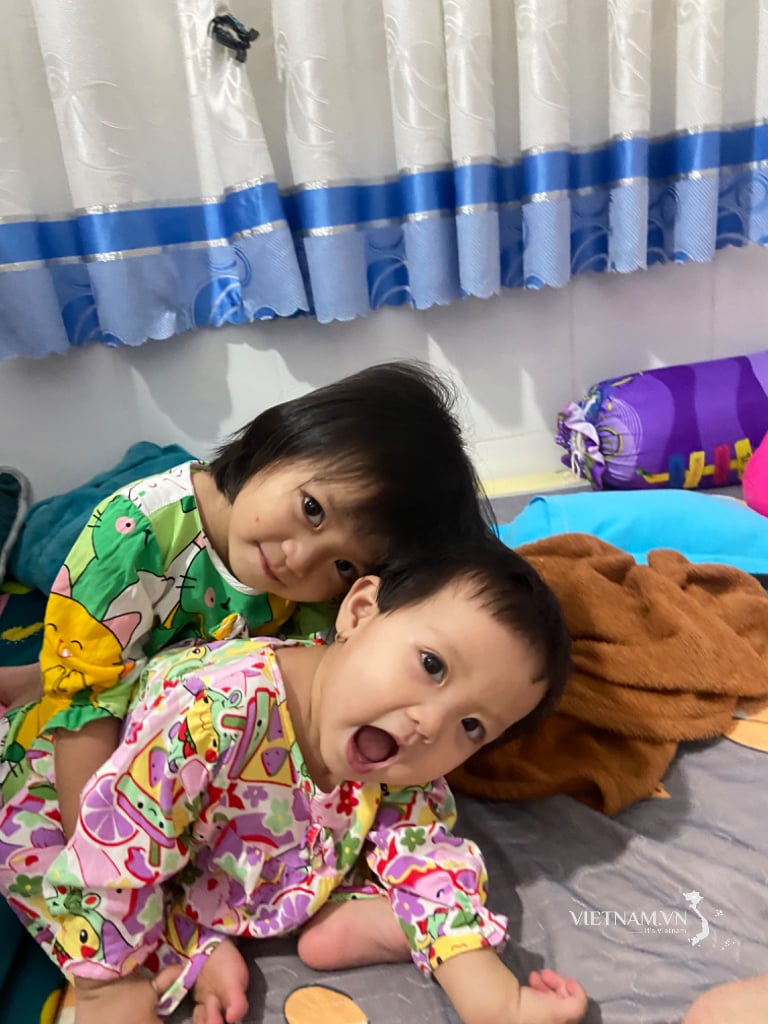
Comment (0)